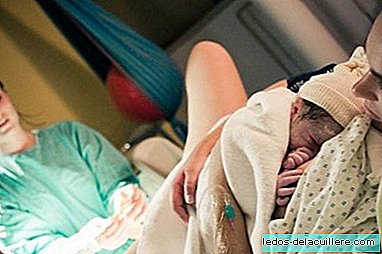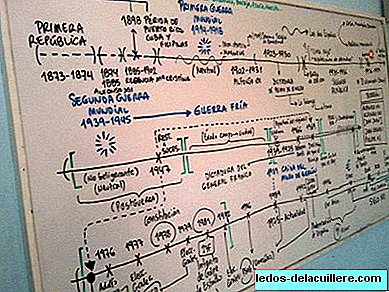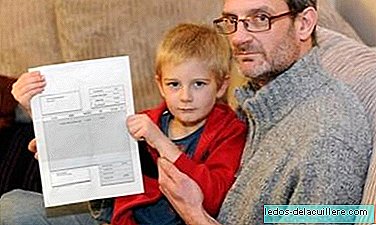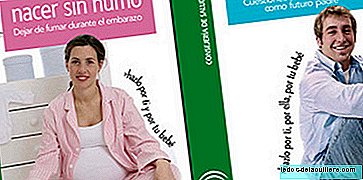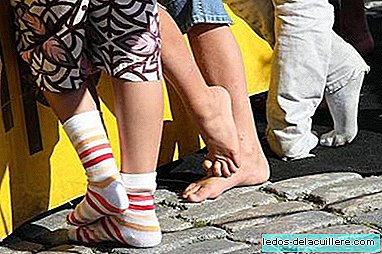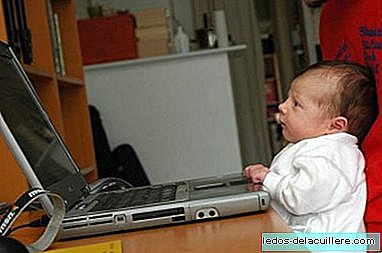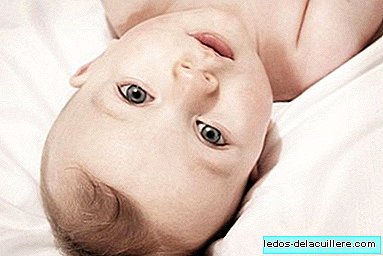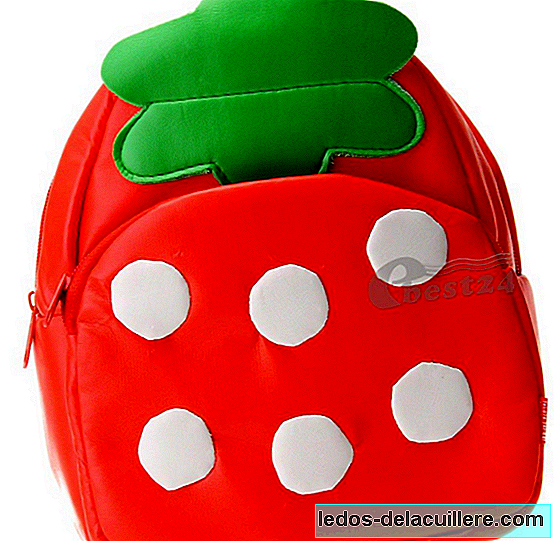The school is over and there will be many parents, grandparents and uncles who will now spend the whole day with their children, grandchildren or nephews. Something that is lucky, though tiring. Because the first days are not usually a problem, you have to adjust to being together all day, new routines and a lot of plans to do.
One of the things that we usually say in school when the holidays arrive is that they continue reviewing what they have learned during the year, but let's be honest, what child wants to start doing homework and may be playing? So we have brought you some proposals so that the little ones can Learn playing this summer without getting bored.
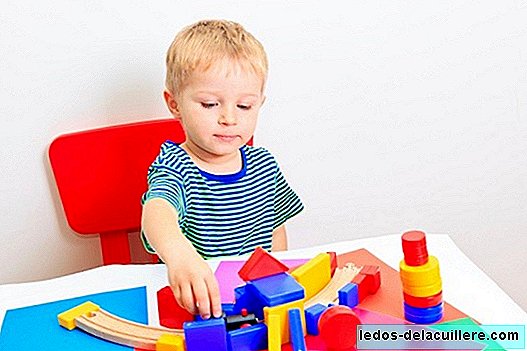
Join couples with LEGO
This game has several versions and many more that you can invent. It consists of writing a letter in uppercase, for example the "E", in a block and its lower case "e" in another and so with the whole alphabet. Once we are done, we mix all the pieces and tell the children to match the uppercase and the lower case. If you need a winner, it will be the one that finds more couples. So we will have a simple and fun way to review what happened this year while having fun.
Another version is to write numbers in blocks of one color, numbers with letter in blocks of another color and the same number but expressed in points in blocks of another different color. The game consists of putting together the three pieces that identify each number. You can play to join all the numbers or, one says a number and the rest looks for the pieces to join them.
For the older ones you can play to do the same with more complicated concepts such as, for example, cities and the country to which they belong, or if you like football you can join cities with their soccer team, the name of their stadium, etc. Other examples may be with animals and their type, herbivore, carnivore, etc. Surely you can think of a lot of games.
Search and find…
This game is very simple and fun. We will place two piles of cardstocks or papers, they can be of different colors to help to better understand the concepts, although it is not essential. In a pile we will write different numbers (for example from 1 to 10) that will indicate the number of objects that we should look for and find and in the other pile we will write what we have to locate, for example forks, cars, balls, LEGO pieces, etc. If our children still do not know how to read we can help them by drawing, if you are good, what they have to look for. Thus, for example, a typical search would be: "locate 3 forks".

The sardine game
This game is a variant of the game of hide and seek, only in it only one of the participants is the one who hides and the rest have to look for him. Once someone finds the one who is hiding he has to hide with him in the same place where he is and so with the next one he finds so that the larger the number of participants the place of hiding will be smaller and smaller, hence the name "sardine game". Lose the last one to find the hidden ones.
The bingo of the alphabet
We will create a grid of 5x5 squares and inside each one we will write a different letter of the alphabet. Then we will give our children records, stickers, bottle caps or anything that serves to mark, and we will say words. They must mark, if they have one, the letter by which the word we have spoken begins.
We can also play with a normal bingo eliminating those balls that have larger numbers than our children know, for example if only the numbers from 1 to 10 are known.
Another variant would be to pronounce the words in English, or keep the last letter, with the first vowel or consonant, etc.
Quicksand
Quiet that is much safer than it seems. The game consists of delimiting a large area of the house, part of the room, the carpet, the hallway, etc. Once we have clear the area, we will imagine that they are quicksand and that we cannot step on it directly, because then we would sink, therefore we must place chairs, cardboard, cushions and whatever we find to cross to the other side by stepping on those objects and without falling on the sands or they will engulf us.
Let's go to the supermarket
Why not visit our salon supermarket? The idea is to set up a small supermarket in the living room, or any other room in the house, where our children can buy products. From the pantry we will select a few products that we will mark with different prices, it is convenient that they are not very high because the idea is that they serve as an exercise of sums. Although if our child does not know how to add yet, we can make him simply count the number of items he has to buy.
The cashier will have to add the amount of the purchase and if we make some tickets or use the monopoly we can practice the change, a fairly complete mathematical exercise.
These have been our proposals, but surely you will have many more, encourage and share them with us, we will be delighted.


